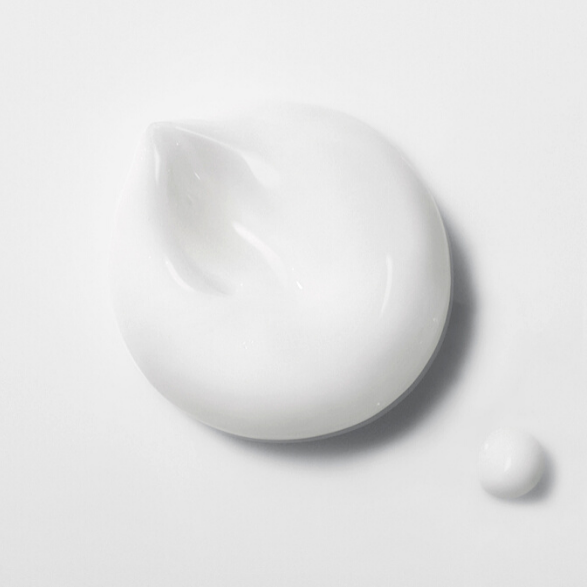
Ingredient Spotlight: Hydrocortisone
Published:
1 minute read
Dermatologists have been relying on hydrocortisone to alleviate a variety of skin woes for years. This powerful corticosteroid medicine comes in many different forms to suit many different types of skin conditions. Regardless of the form, hydrocortisone’s anti-inflammatory properties can drastically improve chronic skin conditions, acute skin reactions, and even bug bites.
What is Hydrocortisone?
Hydrocortisone is a corticosteroid medicine, meaning it works by suppressing the body’s immune response to reduce swelling, itching and pain. Naturally, when your body senses irritating stimuli, immune cells are carried by your blood to the source of irritation. Because of this response, your body may experience itching, burning, redness, irritation, or swelling. To combat inflammation, your adrenal glands naturally produce the cortisol hormone to regulate it. Medical hydrocortisone is a synthetic version of that hormone. 
How Does It Work?
Hydrocortisone belongs to a class of drugs called glucocorticoids, a type of corticosteroid hormone that reduces inflammation and suppresses the immune system. Hydrocortisone works by blocking certain proteins in your body to decrease swelling and stop your immune system from responding by creating inflammation and irritation. Hydrocortisone also affects the ways your body uses and stores carbohydrates, proteins, and fats in addition to how your body balances water and electrolytes.

Using Hydrocortisone
If you’re treating a skin condition with hydrocortisone, you will most likely use a hydrocortisone cream. Praised as the dermatologist dream cream, hydrocortisone cream can provide instant itch, inflammation and irritation relief. Whether you have a bug bite, suffer from chronic conditions like eczema, seborrheic dermatitis or psoriasis, or experience discomfort from acne breakouts or keratosis pilaris, hydrocortisone cream can provide instant relief and lasting healing for dry, itchy or cracked skin. When choosing a hydrocortisone cream, make sure it’s free of harsh ingredients that can exacerbate irritation.
Although hydrocortisone cream is an extremely common and generally safe option for instant irritation relief, there are still a few guidelines to follow for safe usage. Like most medicines, those who are pregnant or nursing should consult a physician before using it. You should also limit your usage to no more than 4 times daily and avoid applying it around your eyes. Lastly, if symptoms persist for more than a week, talk to your doctor before resuming any hydrocortisone application.





